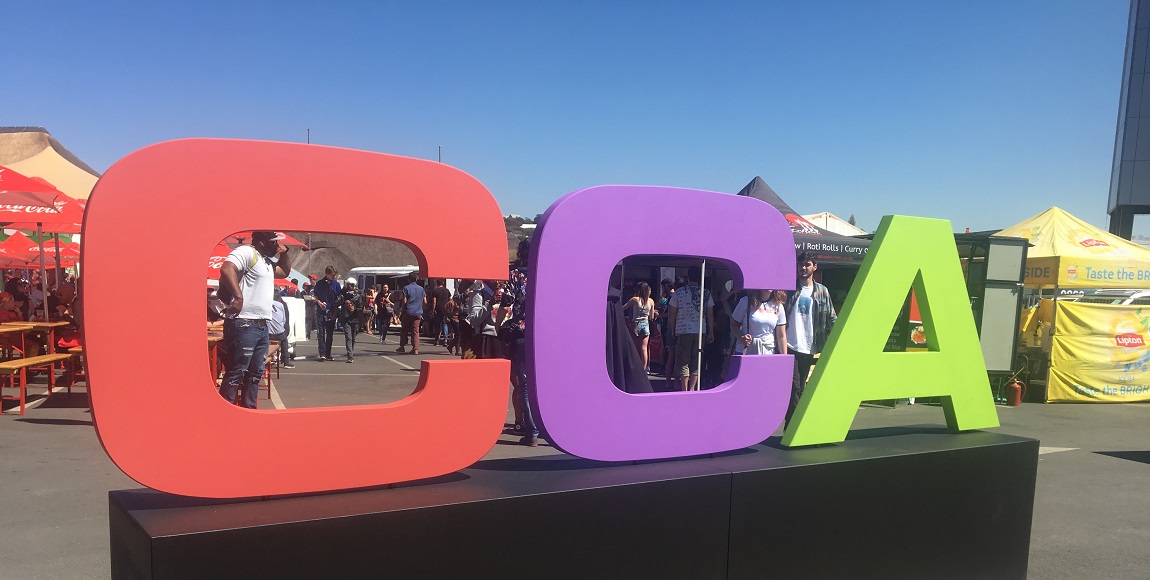The communications regulatory body of the United States repealed an Obama-era net neutrality protection rule with 3-2 vote win in a meeting held in Washington on Thursday 14 December. The Federal Communications Commission (FCC) went against public opinion and chose to remove laws that guarantee the internet remains open in America. Considering how connected the worldwide web is, one has to wonder if the rest of the world will be impacted by this change. The Daily Vox takes a look at net neutrality and what it means for South Africans.
What is net neutrality?
Network neutrality or net neutrality is a broad label for policy that ensures an open internet network. It basically means that all data in the network is treated equally and it is treated by service providers in a neutral nondiscriminatory way.
Why is it important?
During the Obama era, in 2015, policies were put in place ensuring that internet service providers (ISPs) and network providers don’t manipulate how the data is treated. The rules prevented them from charging user for high-quality services and discriminating access to certain websites.
The New York Times reported that under these rules, broadband services were considered a utility under Title II of their Communications Act. This means the FCC can regulate what they do and prevented service providers from slowing down the transmission data based on the type of content as long as it’s legal, blocking content or apps that are lawful, and prioritising faster internet lanes from those who can pay for it and slowing it down for those who can’t.
It also meant that everyone had access to create online innovations and allowed people to access them easily.
Why repeal it?
The FCC chairperson Ajit Pai has successfully reverted internet access to the “light-touch regulatory framework†of Bill Clinton’s and George W Bush’s era. Pai wants to return America’s internet to its free market glory days. He said that these rules impede innovation and called claims that scrapping the rules would kill the internet outlandish. “The truth of the matter is that we decided to abandon successful policies solely because of hypothetical harms and hysterical prophecies of doom,†he said of the change to Title II in his speech at the Newseum in April this year.
FCC commissioner and Democrat Mignon Clyburn voted against repealing net neutrality rules. She said the FCC is “abdicating responsibility†of protecting internet consumers.
There was also controversy around the comment phase of the process to repeal the regulations. The Pew Research Centre did a study on this comment phase. Of the 21.7 million online comments received by the FCC, 57% of them used temporary or duplicate email addresses and 94% of them were submitted multiple times. Pew concluded that this was a sign of single entities and bots trying to influence debate around the topic. At least one bot posted more than 100 000 messages on the FCC’s page, encouraging it to repeal net neutrality.
What does it means for Americans?
The removal of net neutrality rules means that big business can control the internet. “What’s more likely is a transition to a pay-for-play business model that will ultimately stifle startups and innovation, and lead to higher prices and less choice for consumers,†said Vimeo’s general counsel Michael Cheah.
Also those who can afford faster internet will get it, and those who can’t will be left with slower internet.
What does it mean for South Africans?
Because South Africa has its own internet service provider infrastructure, we won’t be affected by the repeal. Tech analyst Arthur Goldstuck told The Daily Vox that in the long-term, South Africans that access the smaller American sites may be affected by throttling. “Smaller sites that we try to access will probably function more slowly because they’ll be given less priority by their own service providers,†he said.
South Africa currently doesn’t have any net neutrality rules and certain functions like file sharing and video streaming are already affected. Goldstuck said South African ISPs throttle the type of traffic as opposed to the content. “In South Africa specific kinds of traffic get priority. On some networks video streaming is put at the back of the queue,†he said.
What may happen in America is the same type of scenario we have here. “Lack of net neutrality results in deprioritisation of traffic and that’s pretty much exactly what the scenario is here with the types of traffic that are throttled,†Goldstuck said.
TechCentral editor Duncan McLeod told The Daily Vox the FCC repealing their rules will have absolutely no effect on us. “We as South African consumers don’t connect to the internet using American ISP so it has no bearings on us at all,†he said.
Even though South Africa’s ISPs don’t have to adhere to net neutrality rules, McLeod said the South African government is interested in implementing them. He recently spoke to the chief director of for telecommunications and IT policy at the department of telecommunications and postal services, Alf Wiltz. Wiltz told him that they’re planning to implement this legislation and the Independent Communications Authority of South Africa is looking into it. “They’re going to amend the Electronic Communications and Transactions Act to include a section on net neutrality,†said McLeod.
It’s difficult to know how net neutrality regulation will impact South African ISPs and infrastructure providers at this time because they haven’t been released. McLeod said they’ll effect things like zero-rating of services like Facebook and Twitter.
“There certainly is a white paper that takes a hard position on net neutrality,†he said. The drafting of net neutrality rules may be done through the Electronic Communications and Transactions Amendment Bill regulations.
McLeod isn’t sure when exactly they’ll begin amending the bill but he thinks it will definitely be next year.
While the FCC’s repeal, which drew the ire of many Americans, may not directly affect South Africa’s access to the internet, our internet is very much like the free market Pai wants to create. Hopefully the changes South Africa wants to make, which fly in the opposite direction of the US, change our internet for the better.









